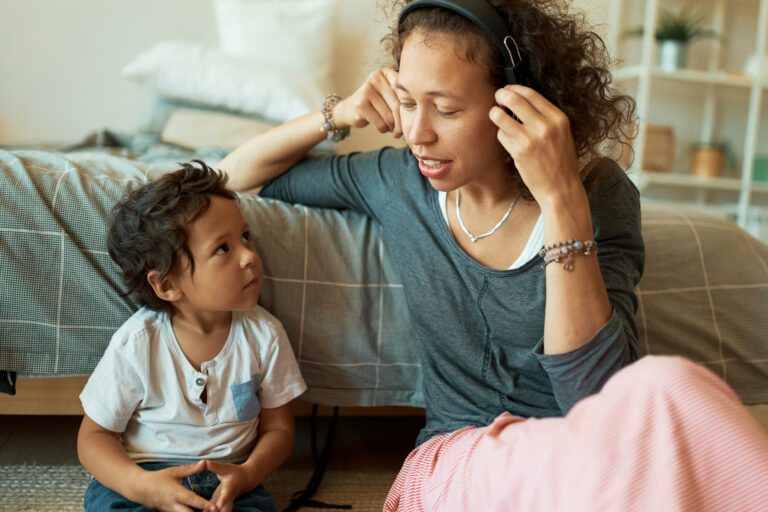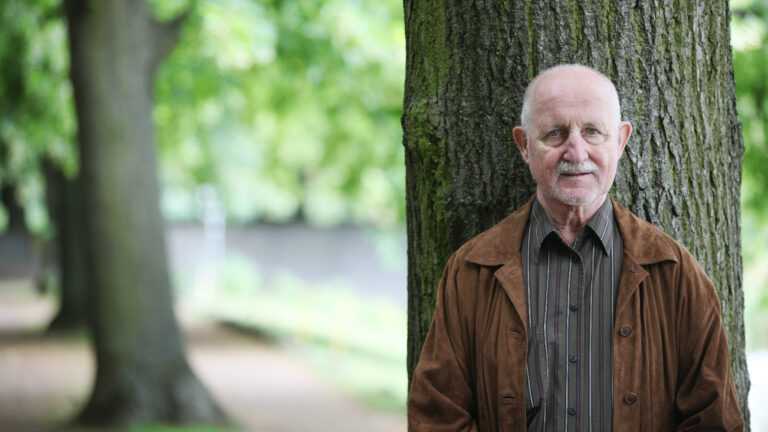Wilder Caregiver Services support family and friend caregivers of older adults as they continue to provide care, so older adults can live in the community as long as they choose or are able. When I explain this aspect of my work as director of Wilder’s Aging Services to a new acquaintance, the conversation often becomes personal very quickly.
The first response is typically an accolade about the important work we do. Then the conversation turns to their own lives. “I am taking care of my mom who is struggling with (insert diagnosis here).” “My dad died last fall after suffering with (insert chronic condition here) for the past 10 years and we eventually had to put him on hospice.” Tears well, posture softens and exhaustion shows.
Often, the conversation comes to an abrupt halt, as though the caregiver suddenly realizes they have just divulged a personal and emotional situation to a stranger. They seem to feel that that perhaps they crossed a line, as though it is taboo to talk about a family caregiving situation to someone outside their family, or even to voice it out loud.
Listening Is a Gift for Caregivers
The candor and vulnerability shared in these stories is remarkable—considering we have just met—but it’s understandable. Informal caregiving is often invisible and unrelatable to those who have never been in the role. Caregivers are often given advice and tips and lists of resources, but sometimes just listening is a gift. Being present can ease the feeling of being overwhelmed and lift the burdens that caregivers may feel. Through listening, we share the bond of caregiving and create a powerful emotional connection, based on shared but also unique experiences.
Based on both my personal experience as a caregiver and my professional role supporting other informal caregivers, I believe we can do a better job of supporting caregivers by listening to them. We need to create more spaces where caregivers are comfortable sharing their experiences. We need to learn from them and be open to new ways of offering support. Through an open discussion about the challenges, realities and personal experiences of those caregiving, our communities can find new opportunities and ways to support individuals who are caring for friends, neighbors and family members.
Join the Conversation on Caregiving
Over the next several weeks, Wilder will share caregiver stories on wilder.org, on social media, and elsewhere. Through our “Caregiver Voices” series, we are asking caregivers to share their stories and what they want others to know about caregiving.
Here’s how you can be part of the conversation:
- Join the conversation on Twitter, Facebook and LinkedIn, using the hashtag #ListenToCaregivers
- Check out the dedicated Facebook group for caregivers
- Pay attention to people who are caregiving. The best way to support caregivers is to pause and listen.




